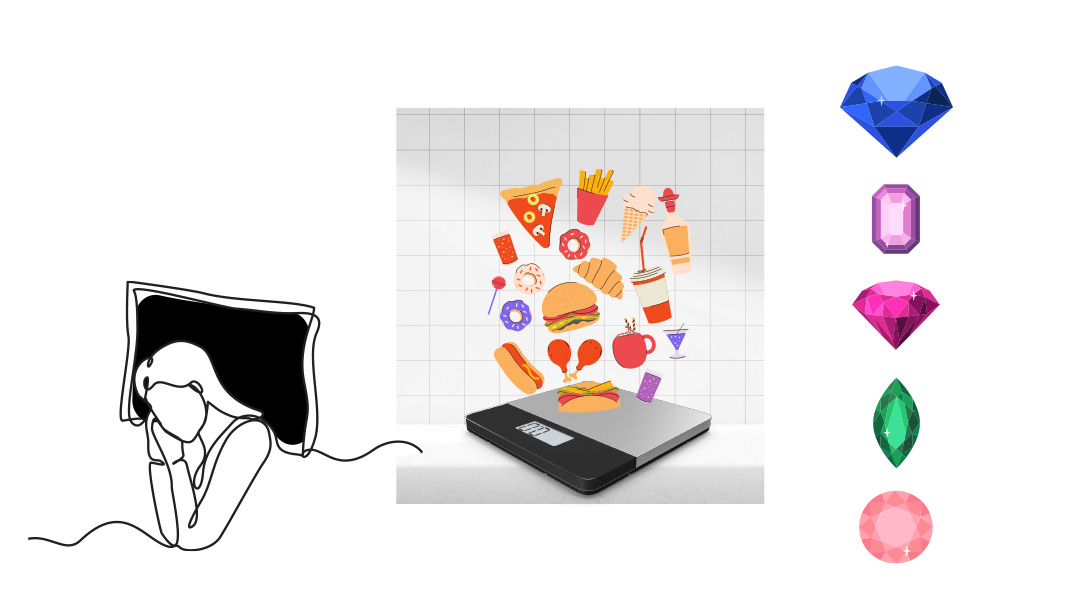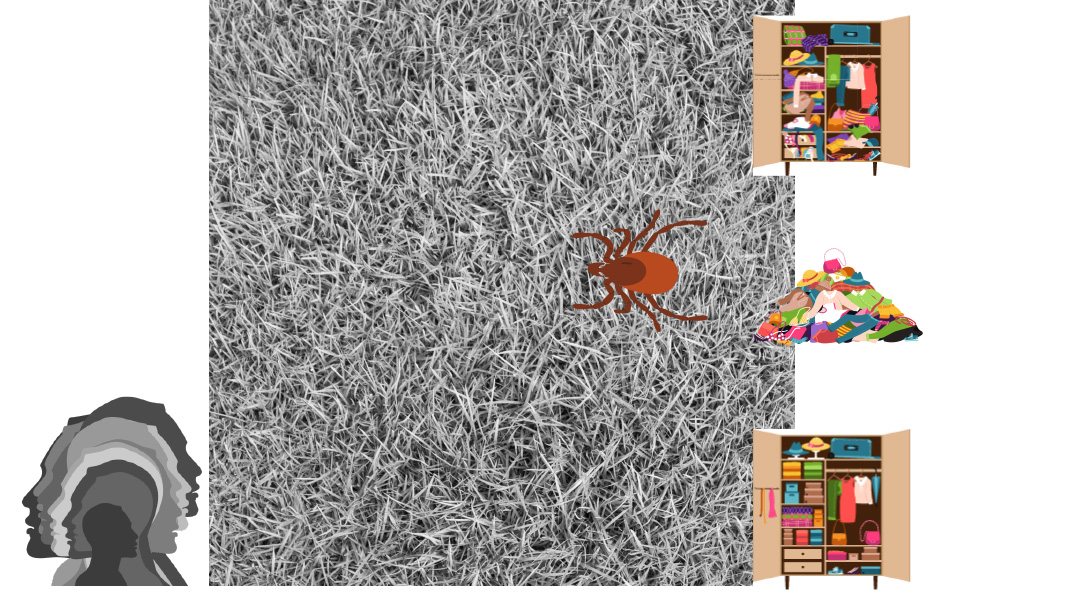Come Out of Hiding
| May 14, 2024People who are neurodivergent have often learned from a very young age to hide themselves. But their relentless efforts to act and behave neurotypically can come at a heavy cost.

Hadassah Eventsur
It’s springtime, when the world is full of color, and plants that have been hiding under the ground all winter suddenly spring to life in full bloom. In life, the idea of keeping things under wraps certainly has a place. One of the three trademarks of Jews is that we are bayshanim and have a natural tendency to feel bashful. This is something to be proud of, especially when this emotion alerts us to the fact that we aren’t acting in line with our value system. But what if we’re so busy hiding parts of ourselves that we never reveal our true identities to the world and ourselves? When we do this, we fail to recognize both the gifts and challenges given to us by Hashem.
People who are neurodivergent have often learned from a very young age to hide themselves. But their relentless efforts to act and behave neurotypically can come at a heavy cost. Let’s explore what this may look like.
A person who is neurodivergent can sometimes have an increased need for movement or need to fidget, but holds back for fear of judgment. Not allowing opportunity for movement can wreak havoc on an already overtaxed nervous system. Another example is when a school asks for parental support to assist a child in a certain area, but the parent struggles with this very skill and doesn’t reveal this information. A person with poor working memory may have difficulty remembering names but is too embarrassed to ask a colleague to reveal their name for fear of looking stupid.
How can one come out of hiding in these situations? In the case of needing movement breaks, for example, at a Shabbos meal, let your host know in advance that you may need to step away from the meal on a few occasions. When speaking with the school administration, be open about the fact that you’ll need support to help your child. Revealing that poor working memory is the reason you forget names can relieve a lot of unnecessary tension. When we begin to embrace all parts of ourselves, including the neurodivergent part, we can relinquish the unnecessary fear and shame that comes with hiding our identity.
Hadassah Eventsur, MS, OTR/L is an occupational therapist and life coach in the Baltimore area. She is the founder of Mindfullyyou, a program that supports frum women struggling with executive functioning.
Boundary Stretcher or Breaker?
Shoshana Schwartz
You might overlook a leaky faucet, but a full-blown flood will have you speed-dialing your plumber. Similarly, we often don’t sweat the small stuff when we’re asked to do something slightly outside our comfort zone, but we give careful consideration to a big ask and set limits or boundaries accordingly.
Dealing with people who are chronic boundary breakers can be straightforward, as their tactics are clear and direct. The subtler challenge comes from boundary stretchers. Their requests start small, easily within our willingness and ability to help. However, these requests gradually increase, incrementally pushing our boundaries. Often, we don’t even notice how much we’ve stretched our limits until we’re well beyond our comfort zone, leading to an unexpected sense of resentment.
It’s tempting to plaster over the cracks in such relationships, but by doing so, we merely bury the problem rather than fix it. Stepping back and making an honest evaluation helps us discern patterns, understand the sources of frustration, and determine whether tweaks or structural changes are necessary. This might involve clarifying personal limits or consciously choosing to adjust boundaries without harboring any lingering bitterness.
This approach applies to self-regulation as well. If before a simchah my usual ten p.m. bedtime gradually slides into eleven p.m. and then midnight, I need to pause and assess. Is it time to enforce stricter personal boundaries, or should I temporarily adjust my bedtime, mindfully embracing the extra exhaustion with positivity?
When resentment arises, whether we express it or not, it’s time to recalibrate and reestablish healthy boundaries for ourselves and our relationships.
Shoshana Schwartz specializes in compulsive eating, codependency, and addictive behaviors.
Don’t Risk It!
Dr. Jennie Berkovich
What do shul kiddushim, birthday parties, and simchahs all have in common? If you’re like me, you recognize the potential for choking risks at any event, though certain foods pose a higher risk and require vigilance. Foods like grapes, hot dogs, nuts, popcorn, raw vegetables, and chunks of meat or cheese can easily obstruct a child’s airway. I also avoid giving kids under four any hard candy. This humors our shul’s candy man, but the risks are just not worth it.
To mitigate choking risks, always supervise mealtimes, cut food into small, manageable pieces, and encourage chewing thoroughly. Additionally, discourage eating while walking or playing. Finally, equip yourself with CPR training for emergencies.
Dr. Jennie Berkovich is a board-certified pediatrician in Chicago and serves as the Director of Education for the Jewish Orthodox Medical Association (JOWMA).
(Originally featured in Family First, Issue 893)
Oops! We could not locate your form.







